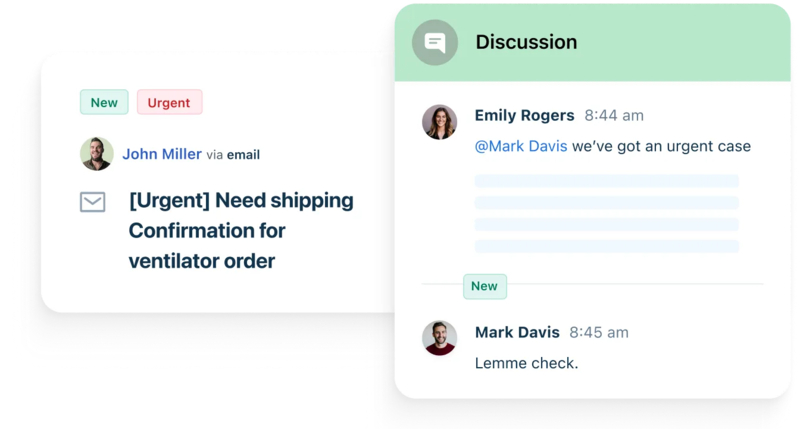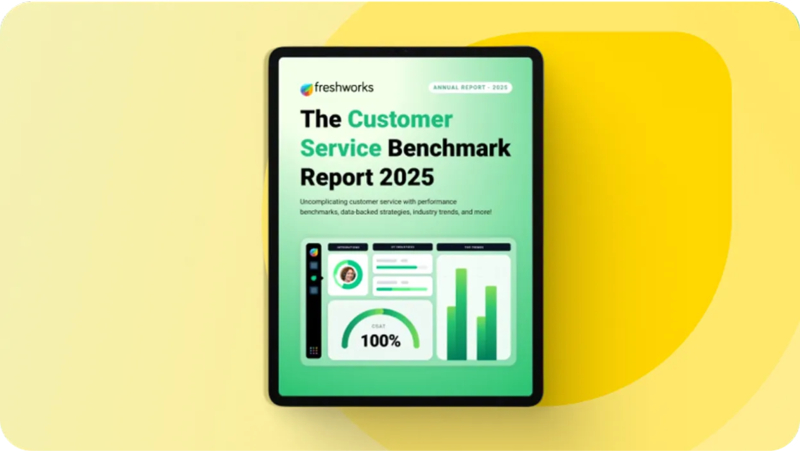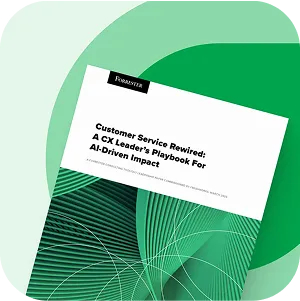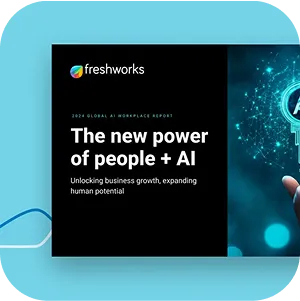Simplifiez-vous l’informatique et le service client
Freshworks propose des logiciels de service pensés pour l’entreprise et basés sur l’IA pour vous aider à déployer des expériences d’exception auprès de vos clients et vos employés.





















Des solutions puissantes pour renforcer la fidélisation, l’efficacité et la croissance


Freddy : une IA agentique qui réfléchit, agit et résout les problèmes
Conçu pour être simple et générer de la valeur
Mise en œuvre plus rapide Un meilleur ROI. Aucuns frais cachés. Freshworks propose des performances pensées pour l’entreprise, sans la complexité des solutions professionnelles.Vous souhaitez augmenter votre taux de satisfaction ? Résolvez davantage de problèmes rencontrés par les clients et les employés, plus rapidement et plus facilement. Les gens adorent ça.
L'IA agentique donne aux utilisateurs la liberté de trouver, de régler et de résoudre leurs problèmes en un seul clic.
Les agents basés sur l'IA réduisent le nombre de tickets à résoudre : vous réduisez ainsi vos délais de résolution et augmentez votre productivité.
Gestion avancée des tickets, automatisation et IA intégrée Faites place à un service amélioré et accéléré.
Rejoignez plus de 73 000 entreprises ayant simplifié leur prestation de services
Consulter tous les témoignages clients« C’est notamment pour ses capacités d’automatisation que nous avons fini par choisir Freshworks. »
« Freshservice nous a ouvert des perspectives inédites en matière d’automatisation. Nos processus de support sont maintenant bien plus fluides et efficaces. »
« Avec Freshservice à nos côtés, l’équipe de transport peut maintenant résoudre les demandes entrantes en 15 minutes, contre 3 mois auparavant. »
« Nous avons eu la chance de participer à l'essai bêta de Freddy AI, une opportunité fantastique de jauger tout son potentiel. Ça a vraiment changé la donne pour notre équipe. »
« En remplaçant 16 outils de support client en silo par Freshworks, nous avons fait de sérieuses économies. »
Obtenez les informations dont vous avez besoin





Démarrer avec Freshworks
Essai gratuit. Évolution rapide.
Testez gratuitement Freshdesk ou Freshservice afin d'améliorer l'expérience de vos clients et de vos employés. Aucune carte bancaire requise.
Voir l’impact rapide de notre solution en pleine action
Laissez nos experts produits vous montrer comment Freshworks peut résoudre vos problèmes spécifiques. Profitez d’une visite personnalisée adaptée à vos besoins.
Apprendre, explorer, s’inspirer
Explorez notre bibliothèque d'études de cas, de visites de produits, de webinaires et d'informations exploitables.